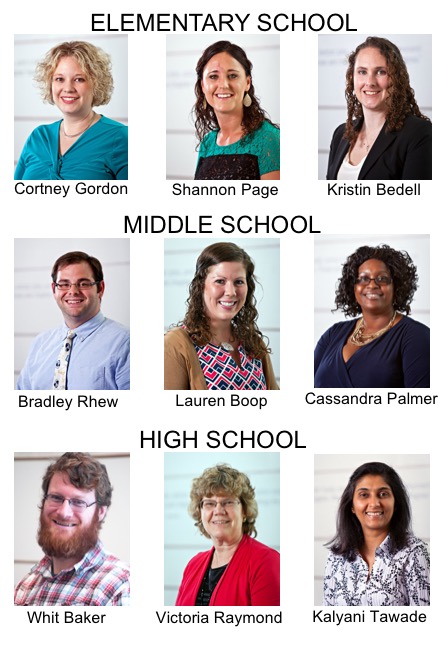K-12 Microbiology and Food Safety Curriculum
This vertically aligned elementary, middle, and high school curricula bridge the gap between formal and non-formal education in innovative ways by leveraging 4-H’s recognized national leadership in holistic curriculum development used in both formal and non-formal education; the Kenan Fellows Program’s nationally recognized model for formal education curriculum development and teacher leadership; and NIFA funded microbiologists. The result is an integrated program development model with the potential to transcend traditional models of education allowing the kinds of holistic instruction of science, technology, engineering, and math (STEM) necessary for the 21st century learner, based on the most current research and scientific understanding.
These unique food safety curricula were developed as part of a unique interdisciplinary collaboration between research scientists at NC State University, UNC Chapel Hill, the Kenan Fellows Program and 4-H. The curriculum development and associated research project were funded by a NIFA Integrated Food Safety grant (Grant # 2012-68003-19621) entitled "Development of novel Salmonella control practices and integrated education program to reduce Salmonellosis.”
We believe this serves as an example of innovative programming at its finest; where young minds are engaged and excited about science and the contributions they can make as future scientists. Ultimately, we see these types of STEM education and outreach programs as one of the best means to address the challenges raised in the 2012 PCAST Report to the President on Agricultural Preparedness and the Agriculture Research Enterprise.
Project History
In 2012, nine exceptional teachers were selected as Food Safety Kenan Fellows and worked as research assistants in one of three labs, learning about Salmonella, food safety, and the science behind preventing foodborne disease. Their ultimate goal? Develop three separate (elementary, middle and high school) but vertically aligned curricula, each providing a foundation for the others, around the concept of “the human ecosystem.”
The Fellows were grouped into three teams, each comprised of one elementary, one middle, and one high school teacher. Each team then spent approximately 2 weeks working in one of the three research labs working to understand the interaction between chickens, their microbiome, and Salmonella. The Fellows then worked with their 4-H curriculum development mentors and their grade-level peers to integrate what they learned in the labs to produce food safety curricula. The curricula they developed was then pilot tested by 4-H agents and their educational partners in school enrichment, community clubs, special interest groups, and summer camps in throughout North Carolina.
Data from pre- and post- assessments from the initial pilot participants demonstrated significant improvements in their understanding of the role bacteria play in the environment (good and bad), good food safety practices, careers in microbiology, and increased interest in pursuing a career in science.
Based on feedback from the students, teachers, and 4-H volunteers, the Food Safety Kenan Fellows refined the curricula before submitting it to National 4-H to be reviewed and considered for national use.


